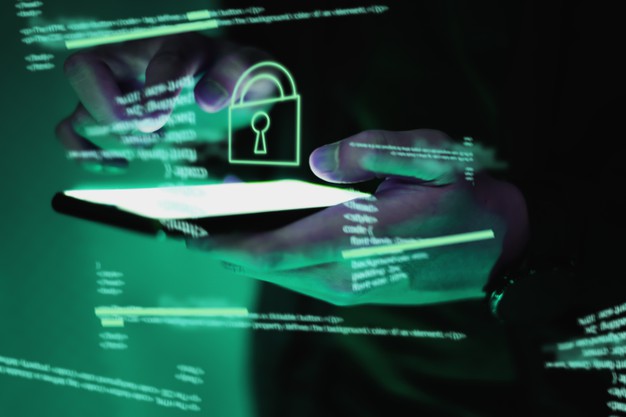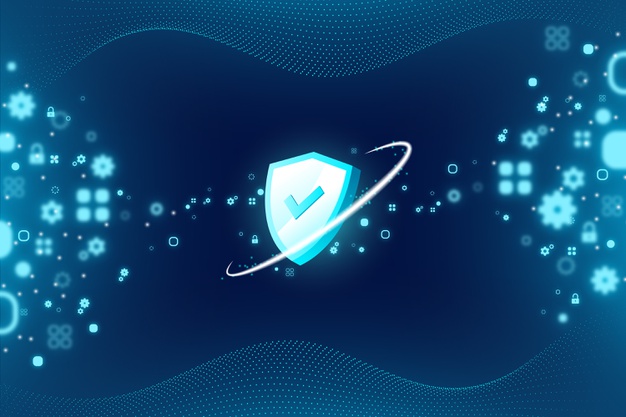What is Spam & How to Protect yourself from Rootkits | Total Security Software

Spam is the distribution of email. messages of an advertising nature to persons who have not expressed a desire to receive them. How Spam Gets to a User's Device Email remains a favourite target of spammers. the victim's mail, but now spam can be found on blogs, instant messages, social networks and on mobile devices / How to Recognize Spam The user regularly receives unsolicited messages on the device, often in large numbers. Spammers often appear as companies, friends, or family members. How to remove spam By setting up a spam filter and notifying your mail service provider about unsolicited and other suspicious messages. Unsubscribe from all unsolicited mailings and add the most persistent spammers to the blacklist. How to Protect Yourself from Spam When registering an account or subscribing, uncheck the pre-installed checkboxes from all items that are optional. By replying to or following a spam message, you are confirming the authenticity of your email address. ma






